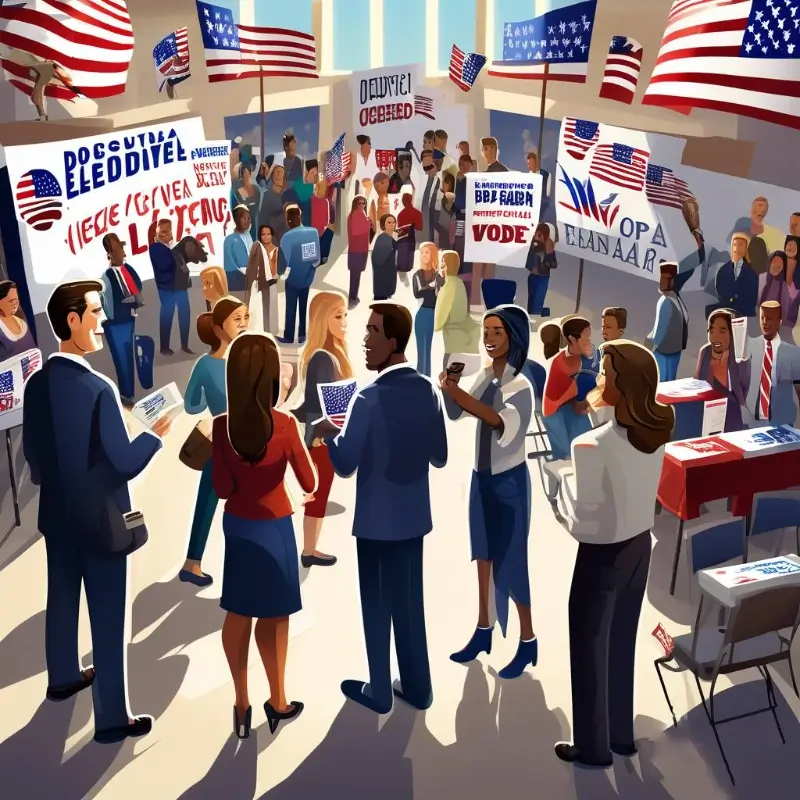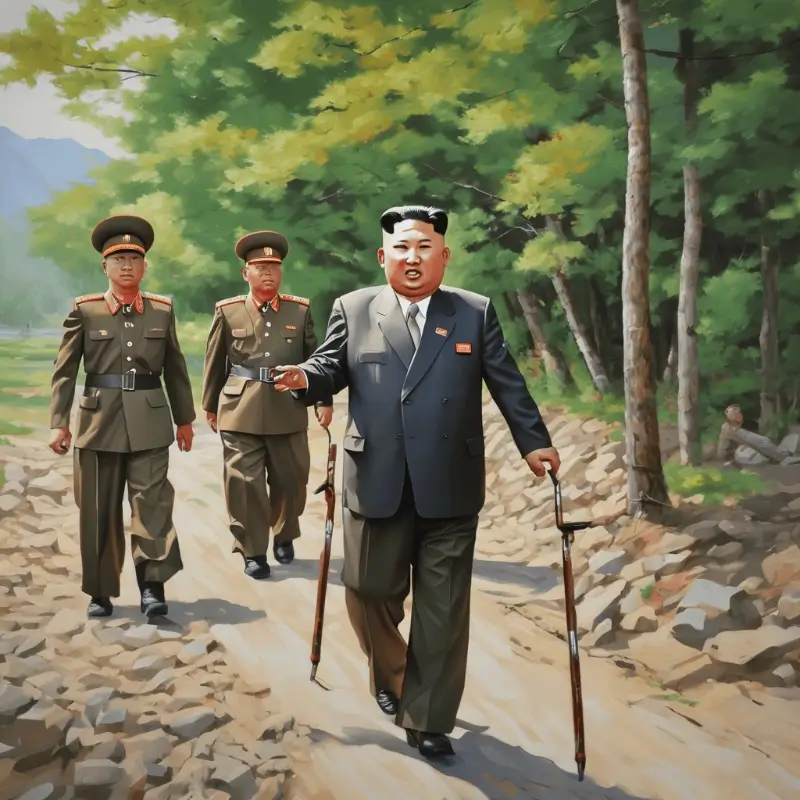why is the US presidential election day on Tuesday?
The reason for holding U.S. presidential elections on the first Tuesday after the first Monday in November dates back to the late 18th century, when the U.S. Constitution established the Electoral College as the method for choosing the president. The Twelfth Amendment to the Constitution, adopted in 1804, refined the process by which the Electoral College votes were cast.
The original Election Day was set by the first Congress in 1792 and was typically held on December 5, but it was not a fixed date across the country. Voting took place on different days in different states, which created logistical challenges and was not always convenient for farmers and those living in rural areas.
To address these issues and to create a more uniform date for the election, Congress passed the Electoral Count Act in 1845, which set the first Tuesday after the first Monday in November as the national Election Day for presidential elections. This date was chosen to avoid conflicts with religious observations (as Sundays were typically not used) and to allow enough time for ballots to be cast and counted before the winner needed to be certified and before the new administration took office on March 4 (a practice that has since changed with the 20th Amendment, which moved the inaugural date to January 20).
Additionally, the Tuesday date was thought to be more convenient for voters, as it did not interfere with the traditional market days of Monday and Friday, allowing people to vote after church on Sunday and then again on Tuesday if necessary.
The United States presidential election day is held on the first Tuesday following the first Monday in November every four years. This specific date was chosen by the U.S. Congress when it passed the Uniform Monday Holiday Act in 1968, which took effect in 1971.
Historically, the choice of Tuesday for Election Day dates back to the mid-19th century when America was largely agrarian, and travel to polling places was often a full-day journey by horse or carriage.
Weekends were impractical because Sunday was traditionally a day of worship and rest, and Wednesday was market day for farmers, so it wouldn’t have been convenient for them. Thus, Tuesday was selected as a day that would minimally interfere with the workweek and agricultural duties.
Furthermore, having the election on the first Tuesday after the first Monday in November ensured that the date would never fall on the first of the month, which could complicate voting because of monthly rent payments and other financial transactions that typically occurred on the first day of the month.
The November date was chosen because harvests were completed by then, and the weather was still mild enough to facilitate travel. Additionally, November was far enough removed from the start of winter to avoid harsh weather conditions that might discourage voters from reaching the polls.
Despite the historical reasons for Election Day being on Tuesday, there has been discussion and debate about whether the date should be changed to a weekend or another day that might be more convenient for voters and reduce the administrative burden on election officials. However, any change to the election date would require a constitutional amendment, which is a significant and lengthy process.



